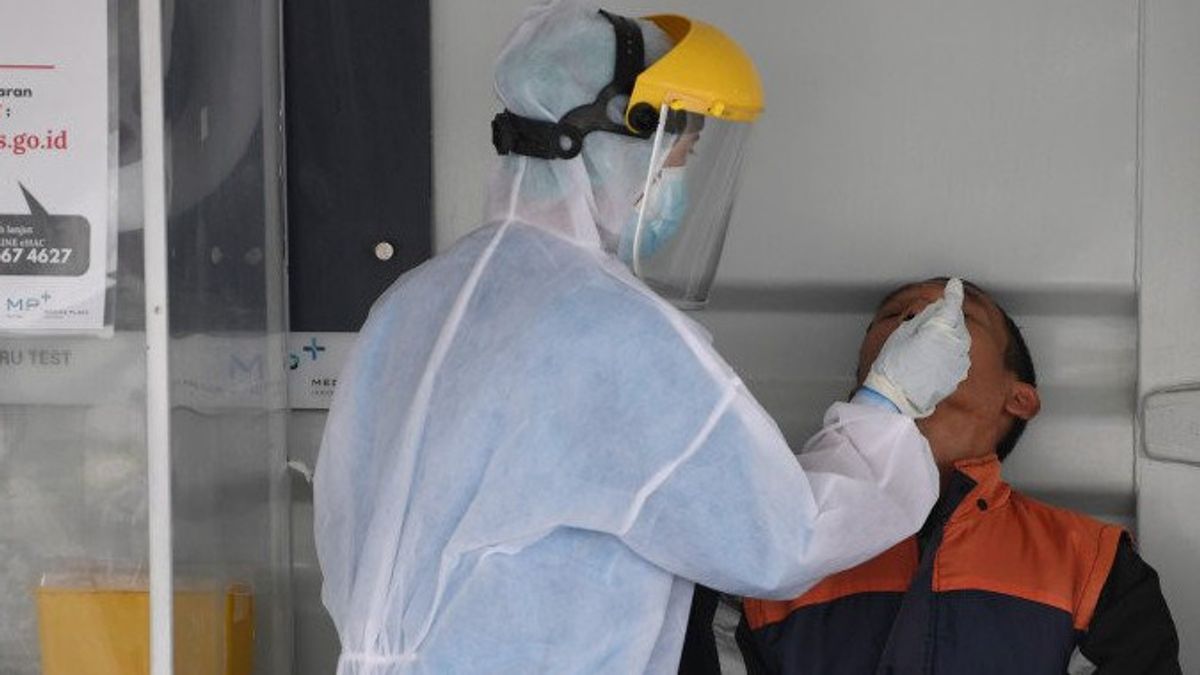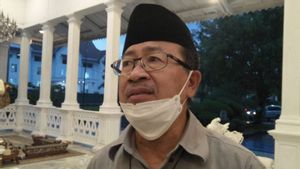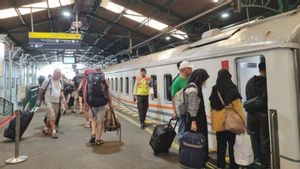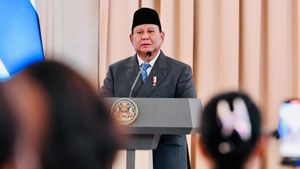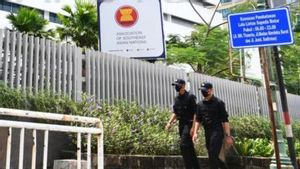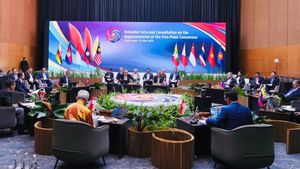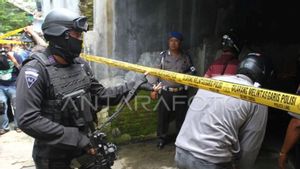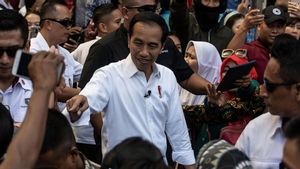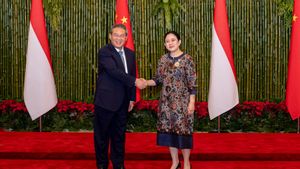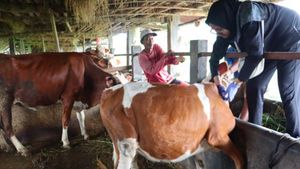JAKARTA - The government has again lowered the price of PCR tests to ease the burden on people who want to travel and revive the economic sector. Previously, the PCR test rate, which was set at around Rp495-550 thousand, is now set to Rp275,000 in Java and Bali and Rp300 thousand outside Java-Bali.
However, the price is considered still burdensome for people who will travel.
"The price is still high and burdensome. If there is no business interest, it should be even cheaper. India fixes the price below Rp100 thousand, why can't we?," said Member of Commission IX of the DPR RI from the PKS faction, Netty Prasetiyani, Saturday, 30 October.
Moreover, she said, there was a discourse that PCR would be mandatory for all modes of transportation.
"If this policy is implemented, then other COVID-19 tests, such as the antigen swab, will not apply. This means that all non-air transportation passengers who incidentally come from the lower middle class are required to use PCR. This is called burdening the people," said Netty.
So, why not use a coronavirus detection tool called GeNose? This tool made by experts from Gadjah Mada University (UGM) is much cheaper and was once used as a condition for train travel.
As is known, since April 1, 2021, GeNoSe can be a travel requirement in all modes of transportation, other than antigen and PCR. The use of GeNose is based on Circular Letter (SE) Number 12 of 2021 regarding Travel Provisions for Domestic People during the Corona Virus Disease 2019 (COVID-19) Pandemic.
"When it comes to GeNose, it is not recommended because GeNose has weaknesses. Among them are weaknesses in detecting the coronavirus," explained Netty to VOI, Saturday, October 30.
The West Java legislator said that testing using GeNose on a smoker or someone who consumes strong-smelling food can reduce the effectiveness of GeNose.
"So it is still necessary to develop GeNose as a screening method," she said.
The reason for using GeNose was removed
The use of GeNose as a travel requirement has been proposed to be removed by a number of parties. One of them, from the Indonesian Consumers Foundation (YLKI).
YLKI said that there are several reasons why GeNose is not recommended to be used as a travel requirement.
First, the issue of accuracy. Second, for safety. Third, called no virus detection.
YLKI chairman Tulus Abadi said GeNose has low accuracy. According to him, the low accuracy of the GeNose test results is worrying because it can produce 'false' negative results.
"In many cases, the accuracy indicates low. It is feared that it will produce 'false negatives'," Tulus said in his statement, Wednesday, January 23.
Sincerely said, the price factor should not be the main consideration. Because, this is related to the safety and security of a person.
"It is better to choose an antigen (at least), for the sake of mutual security and safety, and for the sake of controlling the COVID outbreak," he said.
Wait for external validation results
In line with YLKI, molecular biologist Ahmad Utomo also suggested that the government should return to the use of standardized and internationally recognized Corona detection test kits.
SEE ALSO:
"Return to the standard test, unless there is evidence of GeNose validation. The GeNose test is for screening, not for diagnosis. If it is used as a travel verification requirement, then the use of GeNose is not in accordance with its function," said Ahmad.
He said that until now the use of GeNose has not been supported by external validation evidence as a COVID-19 exposure test.
It highlights how GeNose works. GeNose, he said, did not detect any viral components in the patient's body being examined as was done in the examination using the Antigen Swab test or PCR.
GeNose only detects certain types of gases contained in the patient's exhaled breath. From there, a tool connected to artificial intelligence (AI) in the GeNose software will detect the presence or absence of gas content that is generally released by patients who have confirmed COVID-19.
"So he didn't detect the virus, but he did detect the gas," Ahmad explained
Instead, Utomo said travel screening could use standard tools that have been approved by the World Health Organization (WHO), namely PCR and antigen tests.
He emphasized that the recommendation to discontinue GeNoSe was based on the results of external validation that had not yet been released, not because of accuracy.
"Because it must be admitted, whatever the test, even PCR can be wrong, because of many factors as well," said Ahmad Utomo.
The English, Chinese, Japanese, Arabic, and French versions are automatically generated by the AI. So there may still be inaccuracies in translating, please always see Indonesian as our main language. (system supported by DigitalSiber.id)
